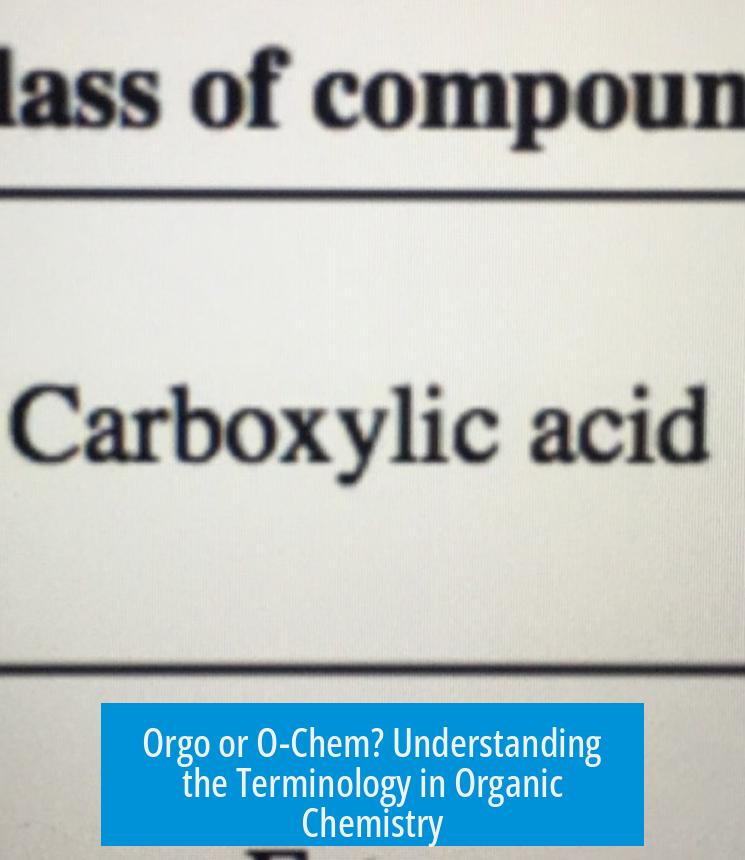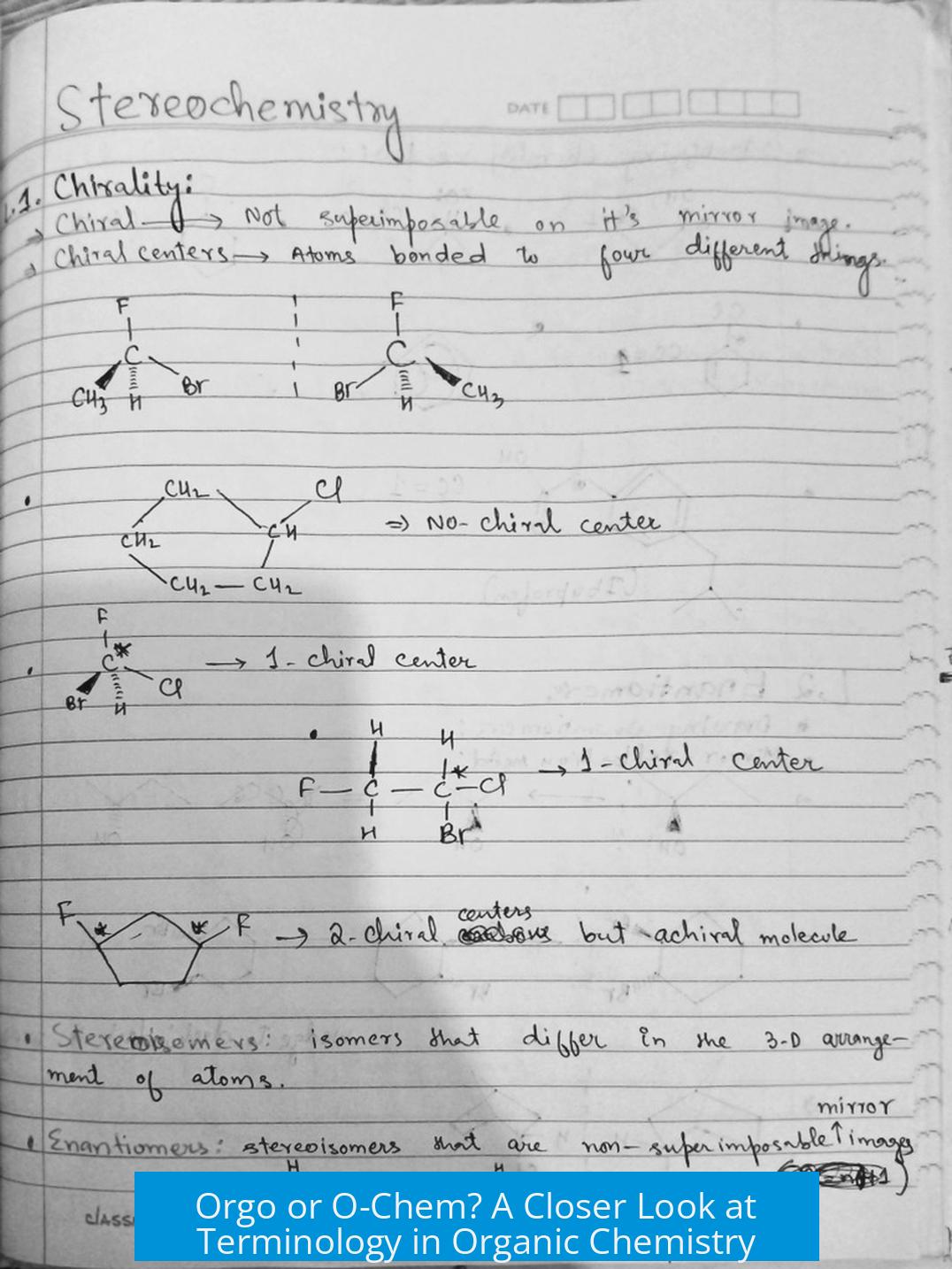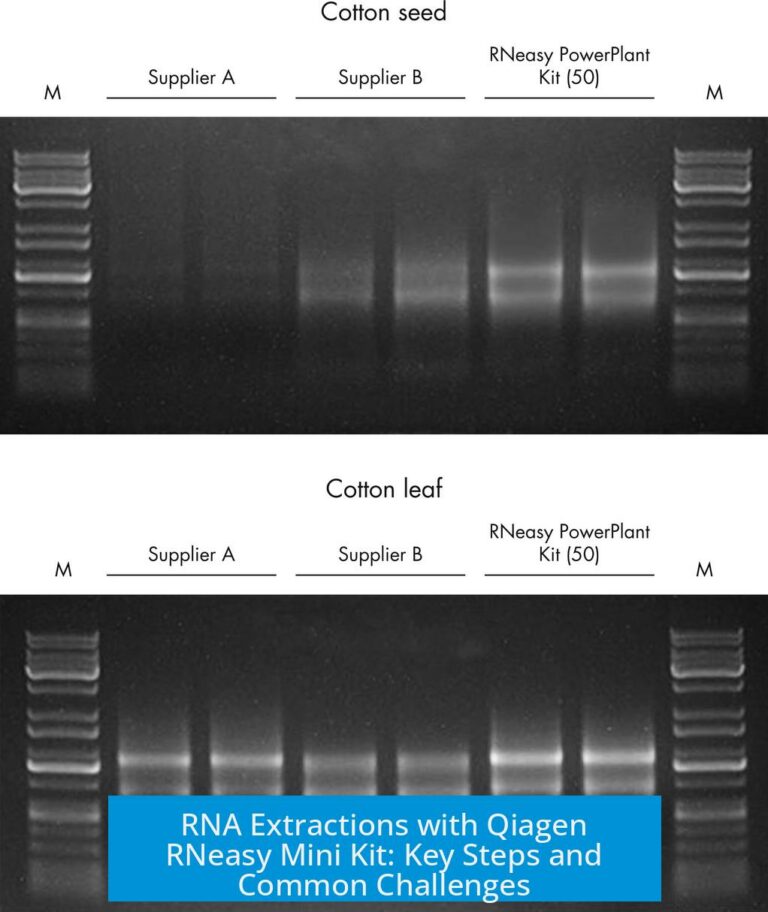Orgo or O-Chem? Understanding the Terminology in Organic Chemistry

The terms “orgo” and “o-chem” both refer to organic chemistry, but their usage varies by region, institution, and even academic discipline. These terms are informal abbreviations used by students and professionals to identify the course or field of organic chemistry.
Regional Preferences
In the United States, regional differences predominantly define whether people say “orgo” or “o-chem.”
- Western US tends to use “o-chem.”
- Eastern US usually prefers “orgo.”
- The Midwest shows mixed usage: some say “orgo,” while others, like in Ohio or Missouri, say “o-chem.”
Internationally, variations also exist. For example, Canadian students tend to say “ochem” similarly to “pchem” (physical chemistry), while in the UK, the term “org chem” is common. In Denmark, students often just say “organic” without appending “chemistry.”
Usage by Academic Discipline
Discipline may influence the choice of term:
- Biology majors may say “o-chem.”
- Chemistry majors often prefer “orgo.”
This distinction might stem from departmental culture or exposure to various scientific terminology conventions.
Abbreviations and Naming Conventions
The single-letter prefix format aligns with other chemistry course abbreviations:
| Abbreviation | Subject | Language Context |
|---|---|---|
| O-Chem / OC | Organic Chemistry | English and German (“Organische Chemie”) |
| P-Chem / PC | Physical Chemistry | English and German (“Physikalische Chemie”) |
| A-Chem / AC | Inorganic Chemistry | German (“Anorganische Chemie”) |
Many universities adopt such abbreviations for simplicity and tradition. However, some humorously note “orgo” does not strictly follow a logical abbreviation pattern, as “org” would be more literal.
Community Opinions and Humor
Opinions differ, with some students expressing fondness for “orgo” while others find “o-chem” clearer or more formal. Humor is common, with comments about the quirky nature of “orgo” or playful terms like “orgasmic.”
Key Takeaways
- “Orgo” and “O-chem” both refer to organic chemistry but vary by region and discipline.
- Western US favors “o-chem,” Eastern US favors “orgo”; the Midwest and other regions show mixed usage.
- Academic discipline influences preference—biology students lean to “o-chem,” chemistry students to “orgo.”
- Abbreviations like O-Chem align with other chemistry courses, especially internationally.
- Terminology choice reflects local culture, tradition, and sometimes humor.
What determines whether people say “orgo” or “o-chem”?
Usage depends on region and sometimes discipline. The western US tends to say o-chem, while the eastern US leans toward orgo. In some places, biology majors might say o-chem, and chemistry majors say orgo.
Are “orgo” and “o-chem” abbreviations standard worldwide?
No. In the US, both are common. In Germany, abbreviations like OC (Organische Chemie) and PC (Physikalische Chemie) are used. Denmark often just says “Organic” without “Chemistry.”
Why do some people prefer “orgo” despite it not matching “organic” exactly?
“Orgo” is a familiar, shortened form that many find easy to say. Some see “o-chem” as less specific or confusing with other terms, but preferences vary widely.
How do different institutions influence the terminology choice?
Institutions vary; for example, at some schools biology students say o-chem and chemistry students say orgo. Regional culture and faculty habits also shape usage.
Is there any humor linked to the term “orgo” or “o-chem”?
Yes. Some joke by calling orgo “orgasmic.” Others note that o-chem could mean many things, making orgo the clearer, if informal, choice.





Leave a Comment